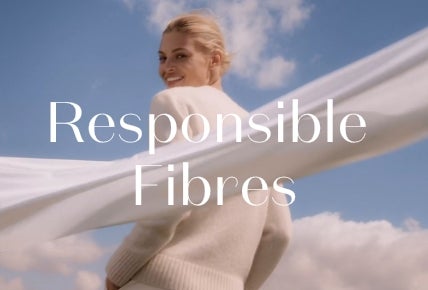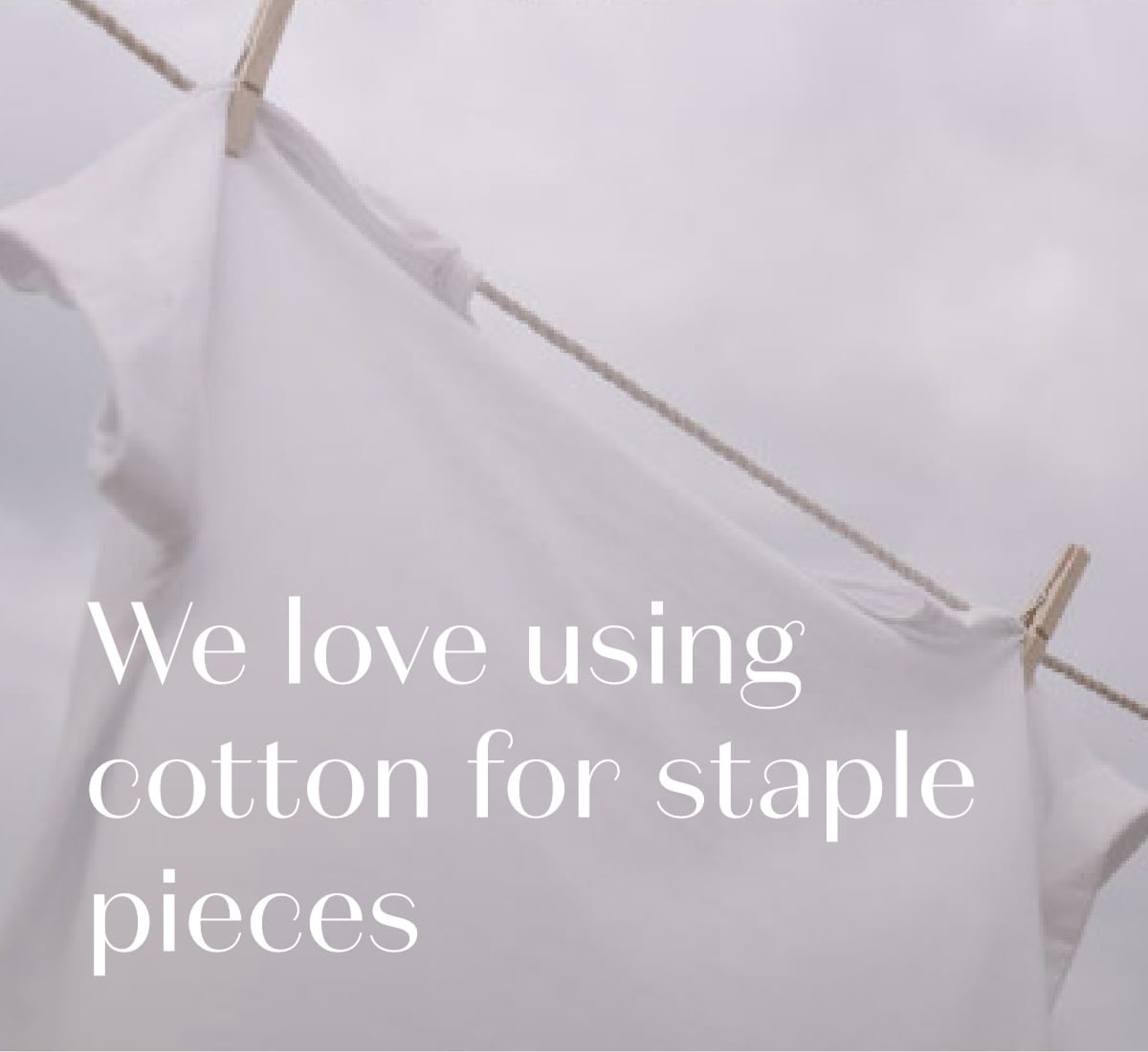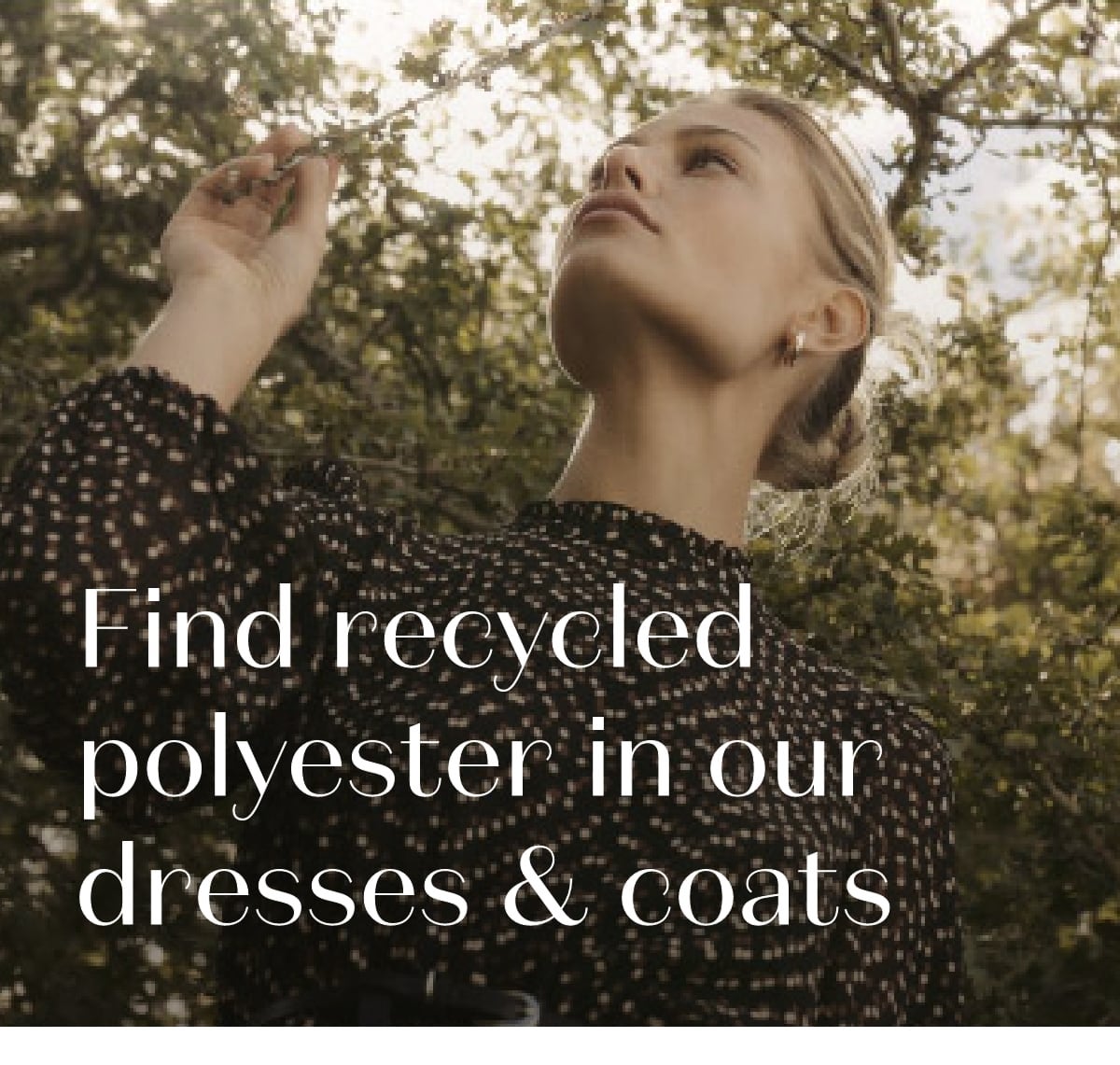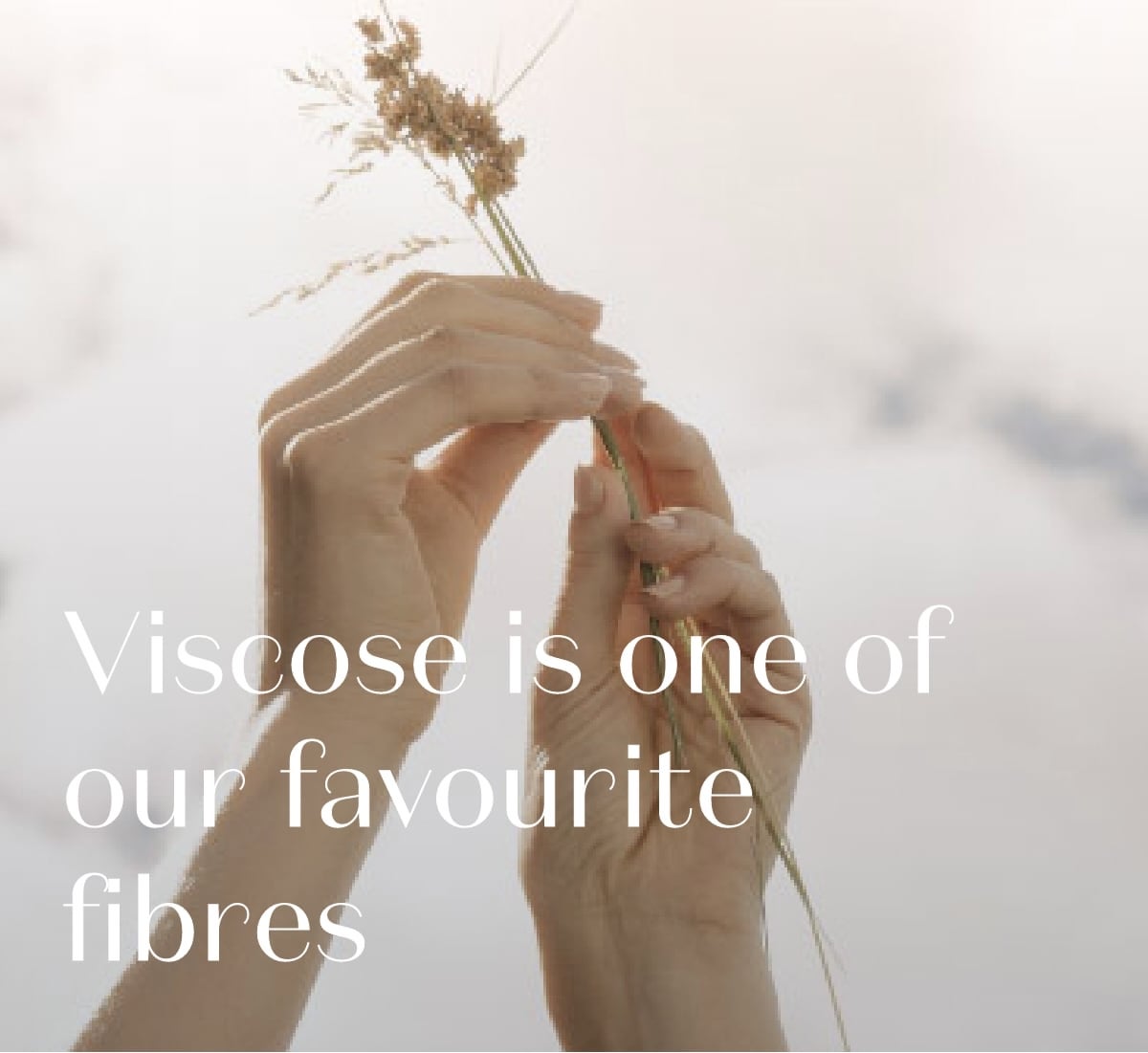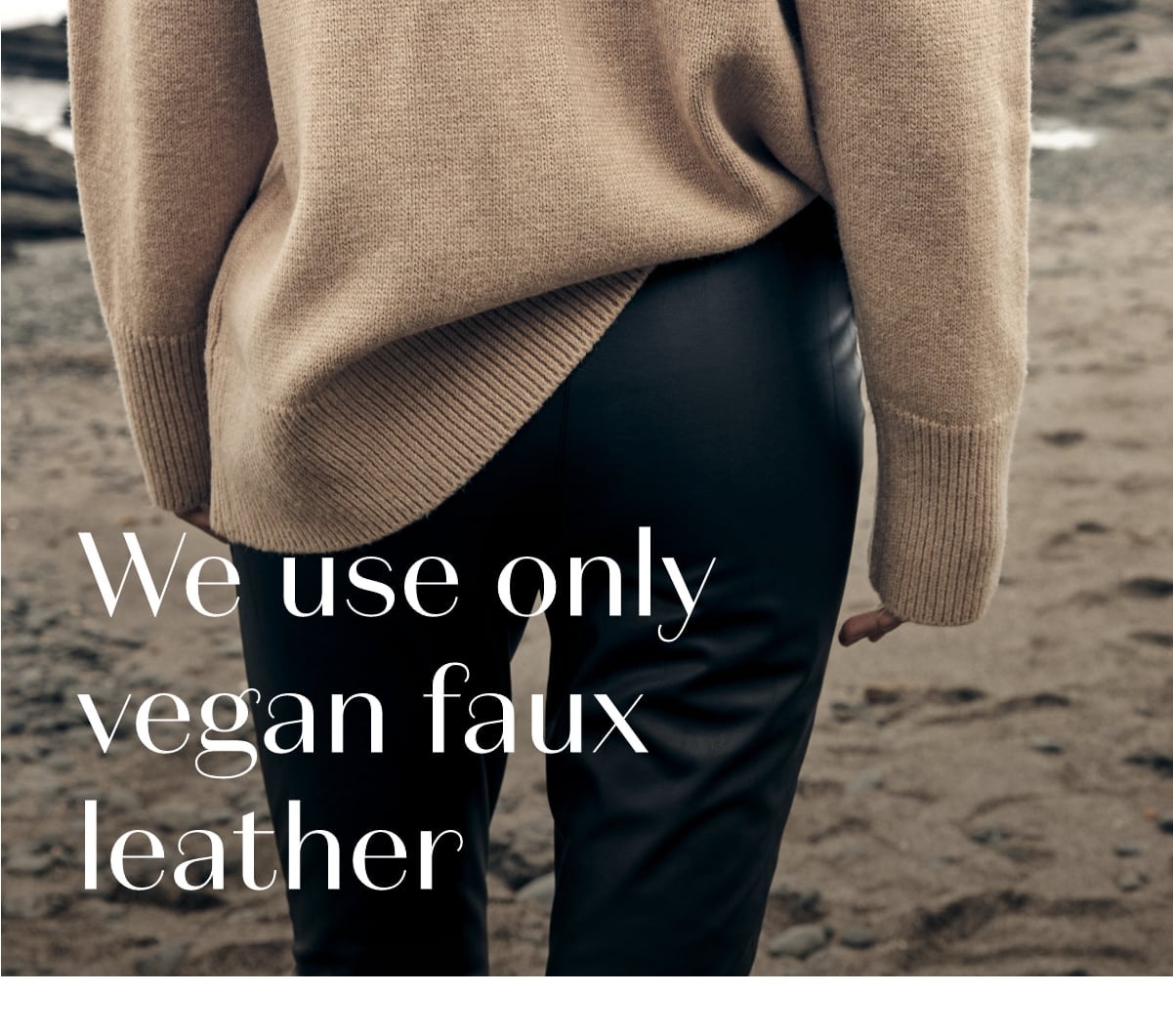CELLULOSE
Cellulose fibres start their life as wood pulp, which then gets dissolved in a solvent and processed into the cellulosic fibres we make garments with. The most common of these fibres, most of
which you’ll find in your wardrobe, are viscose, rayon, modal and lyocell.
Each is produced with a slightly different method, but the common thread is that all the methods used require chemicals and energy.
So, you can say that the environmental concern here is two-fold; this fibre requires wood as its source, and its methods of production are considered chemical and energy intensive.
Responsibly Sourced Cellulose
Forever New is a signatory to the CanopyStyle pledge to protect the world's forests through our paper, packaging, and fabric choices. Learn more about our commitment
here.
Forever New does not knowingly source cellulosic fibres from ancient or endangered forests.
Viscose
Our responsible viscose is sourced through independent third-party organisations. The raw material is sourced from controlled and sustainable forests. This means the raw materials are not
coming from ancient or endangered forests which in turn means we do not contribute to illegal logging.
Forever New uses LENZING™ ECOVERO™, Livaeco by Birla Cellulose™ and FSC® Viscose. These branded viscose fibres also meet high environmental standards at all stages, from sourcing to
production. Known for its comfortable feel and beautiful drape, viscose is one of our favourite fibres.
Lyocell
Known for its soft hand-feel and flattering drape, Forever New sources branded lyocell through Lenzing. This means that the wood is sourced from sustainably managed forests. TENCEL™ Lyocell
fibres are created in a responsible, closed loop production process with high resource efficiency and low environmental impact; they are first turned into wood pulp, and then into cellulosic
fibres.
Modal
Branded modal fibres sourced through Lenzing come from sustainably managed forests. Known for its long-lasting softness, our modal garments have a silky feel and are soft to the touch. Like
the branded lyocell, TENCEL™ Modal is produced in a closed loop production process.
Cellulose fibres start their life as wood pulp, which then gets dissolved in a solvent and processed into the cellulosic fibres we make garments with. The most common of these fibres, most of
which you’ll find in your wardrobe, are viscose, rayon, modal and lyocell.
Each is produced with a slightly different method, but the common thread is that all the methods used require
chemicals and energy.
So, you can say that the environmental concern here is two-fold; this fibre requires wood as its source, and its methods of production are considered chemical and energy intensive.
Responsibly Sourced Cellulose
Forever New is a signatory to the CanopyStyle pledge to protect the world's forests through our paper, packaging, and fabric choices. Learn more about our commitment
here. Forever New does not knowingly source cellulosic fibres from ancient or endangered forests.
Viscose
Our responsible viscose is sourced through independent third-party organisations. The raw material is sourced from controlled and sustainable forests. This means the raw materials are not
coming from ancient or endangered forests which in turn means we do not contribute to illegal logging.
Forever New uses LENZING™ ECOVERO™, Livaeco by Birla Cellulose™ and FSC® Viscose. These branded viscose fibres also meet high environmental standards at all stages, from sourcing to
production. Known for its comfortable feel and beautiful drape, viscose is one of our favourite fibres.
Lyocell
Known for its soft hand-feel and flattering drape, Forever New sources branded lyocell through Lenzing. This means that the wood is sourced from sustainably managed forests. TENCEL™ Lyocell
fibres are created in a responsible, closed loop production process with high resource efficiency and low environmental impact; they are first turned into wood pulp, and then into cellulosic fibres.
Modal
Branded modal fibres sourced through Lenzing come from sustainably managed forests. Known for its long-lasting softness, our modal garments have a silky feel and are soft to the touch. Like
the branded lyocell, TENCEL™ Modal is produced in a closed loop production process.


